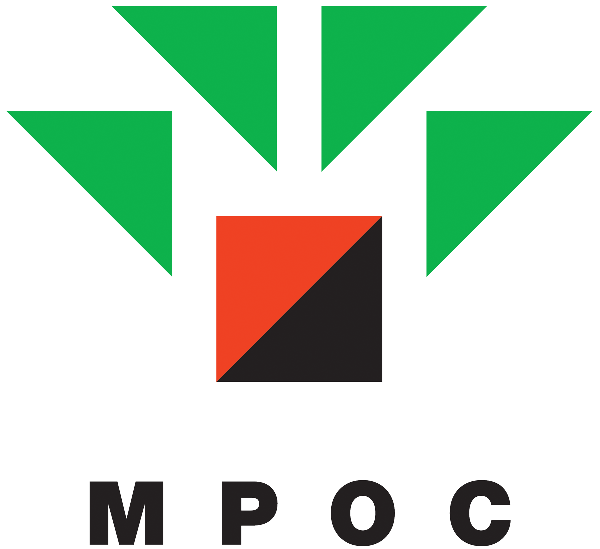KUALA LUMPUR, 25 September 2025 – The Malaysian Palm Oil Council (MPOC) welcomes the European Union’s decision to delay the implementation of the EU Deforestation Regulation (EUDR) by 12 months until December 2026.
However, the Council questions the regulation’s viability without a clear implementation path, particularly after companies have invested heavily in compliance preparation. This additional time provides a crucial opportunity for the EU to address these concerns alongside significant operational and structural flaws, while recognising the substantial progress Malaysia has made in sustainable palm oil production.
MPOC reiterates that the Malaysian palm oil industry has worked tirelessly to transform itself in recent years, implementing robust sustainability frameworks and achieving measurable reductions in deforestation. Despite these efforts, the current EUDR framework contains numerous operational deficiencies, which fail to reward responsible leadership in sustainable practices.
Industry Investment in Compliance Undermined by Regulatory Uncertainty
The Malaysian palm oil industry remains committed to reversing deforestation and complying with EUDR, and companies across the sector have already invested heavily in preparation at significant cost. Yet, with no clear indication of the regulation’s direction, this uncertainty now places a heavy burden on businesses that have acted responsibly in anticipation of the original implementation timeline.
Fundamental Questions About EUDR Workability
While the EU has recognised the Malaysian Sustainable Palm Oil (MSPO) certification scheme as a credible standard, the EUDR’s classification system fundamentally fails to reflect environmental performance. Malaysia has been classified as “standard risk” despite demonstrating superior deforestation outcomes compared to several EU member states that received “low-risk” classifications.
Data from Global Forest Watch clearly demonstrates Malaysia’s exceptional environmental progress:
- Primary forest loss reduced by 57% between 2015-2017 and 2020-2022
- A further 13% decline was recorded in 2024
- Malaysia fell out of the top 10 countries for tropical primary forest loss for the first time
This dramatic improvement reflects Malaysia’s unwavering commitment to forest conservation and sustainable agricultural practices. The country’s progress is further evidenced by declining oil palm expansion rates and the enforcement of the MSPO 2022 standard, which strictly prohibits any conversion of natural forests, protected zones, and High Conservation Value areas after 31 December 2019.
Ms. Belvinder Sron, Chief Executive Officer of MPOC, said: “Despite the challenges posed by the current EUDR framework, the Malaysian palm oil sector remains committed to sustainable production and constructive engagement with the EU. However, given the many issues arising from the implementation of EUDR, and unless the EU develops a very clear understanding of on-the-ground realities, we question whether this regulation is truly workable in its current form.”
“Companies across our industry have invested time, money and resources preparing for EUDR compliance at great cost, yet the continued uncertainty about the regulation’s direction creates an unsustainable burden for responsible businesses. We call upon European policymakers to use this additional time wisely to create a more equitable and scientifically sound classification system that truly reflects environmental performance and provides the clarity that industry desperately needs.”
Commitment to Constructive Partnership
MPOC remains fully committed to sustainable palm oil production and maintaining constructive engagement with the EU to resolve outstanding issues. The Malaysian palm oil industry continues to lead by example, demonstrating that economic development and environmental stewardship can go hand in hand.
MPOC calls on the EU to urgently review and reform the EUDR’s classification system to ensure it:
- Reflects actual environmental outcomes rather than arbitrary geographical classifications
- Recognises countries that have demonstrated measurable progress in forest conservation
- Rewards sustainable practices and responsible industry transformation
- Provides clear pathways for countries to improve their risk classification based on performance
The Council looks forward to working with the EU stakeholders during this extended implementation period to ensure the EUDR evolves into a framework which effectively promotes global sustainability while recognising the achievements of responsible producers.
For more information on MPOC and Malaysian palm oil, visit www.mpoc.org.my





